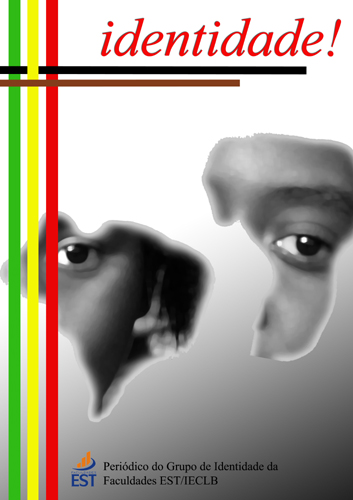The webs of Anansi and the histories weaving in the maintenance of black identities
an afrocentric approach of knowledge
Keywords:
African mythology, Storytelling, Afrocentric paradigm of knowledge, Quilombola educationAbstract
Through the African-diaspora, thousands of Africans came forcibly to the Americas. But they did not come alone. They brought their traditions, beliefs, values, civilizational values, languages, religions, histories and specific knowledge, among others. Subjected to the difficult reality of slavery, these Africans and their descendants developed numerous forms of resistance against the slave system and in favor of maintaining their culture: the escape, sabotage, the formation of maroon and the storytelling were just some of them. When crossing the Atlantic they were accompanied, also, by the myth of the spider and divinity Anansi, which teaches us much about the process of storytelling present in African cultural traditions, as well as the universe of reframing of these cultures as a form of resistance. The metaphor of Anansi contributes to the understanding of an African worldview, grounded in the Afrocentric paradigm of knowledge, and it has spread so that their webs weave histories, memories and oral traditions as a way of educating. Understanding quilombos as black territories where still resist a lots of African aspects through the storytelling practice and the recognition of a set of knowledge, identities, black and African social organizations predominantly neglected by an Eurocentric approach of knowledge, but that still survive inside the quilombo communities, here we reflect on a more pluralistic Brazilian school, fed by African worldview values that are still present in the quilombos and by a school curriculum that values non-hierarchical knowledge as the 10.639/03 Law provides.
Downloads
Published
How to Cite
Issue
Section
License

This work is licensed under a Creative Commons Attribution-NonCommercial-NoDerivatives 4.0 International License.


